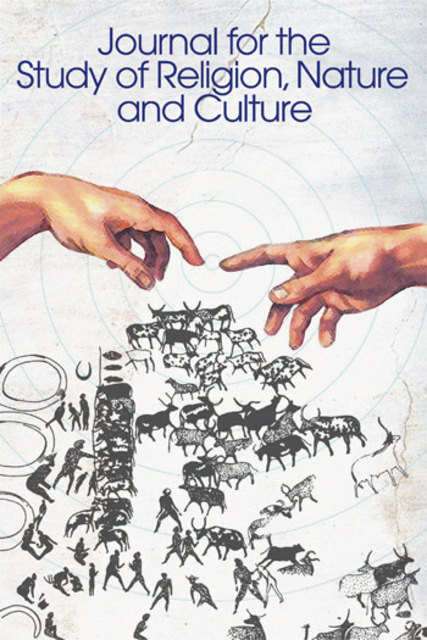The Redemption of Matter: Margaret Fuller’s Fluid Ethics

Full description
Despite her biographical proximity to figures such as Emerson and Thoreau, the nineteenth-century writer and editor Margaret Fuller is not often considered an environmentalist. Indeed, she is more often remembered for her contributions to political feminism than to environmentalism. I argue that in Fuller’s writing, however, an environmental ethics emerges in conjunction with her questioning of the binary between ‘matter’ and ‘spirit’. In place of this binary, Fuller proposed fluidity. This is evidenced in her first book, Summer on the Lakes, a literary travelogue chronicling Fuller’s journey through the West. With recourse to theoretical concerns in feminist new materialisms, I first demonstrate how her understanding of fluidity was influenced by the nineteenth-century vitalist theory of animal magnetism. I then turn to the ways that Fuller takes her encounters with the West’s watery sites—its waterfalls, rivers, and lakes—as occasions to articulate an anticolonial environmental ethics.
- typeImage
- created on
- file formatjpeg
- file size107 KB
- container titleJournal for the Study of Religion, Nature and Culture
- creatorMichael Putnam
- issnISSN: 1749-4915 (online)
- issue16.3
- publisherEquinox Publishing Ltd.
- publisher placeSheffield, United Kingdom
- doi
We use cookies to analyze our traffic. Please decide if you are willing to accept cookies from our website. You can change this setting anytime in Privacy Settings.
